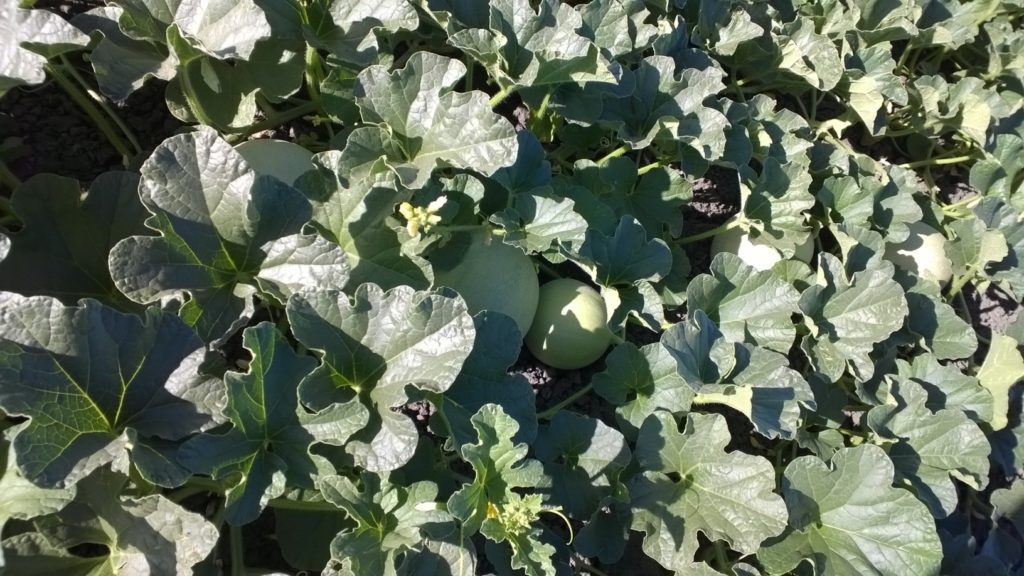Jun 1, 2021Conventional melon weed management in the Sacramento Valley
Sutter County, California, grows between 300 and 800 acres of fresh-market honeydew, mixed melon and cantaloupe each year. The fields vary between furrow and drip irrigation, with many fields in the Sutter Basin only receiving a pre-irrigation.
Because of the rapid growth of melons, they are competitive with weeds and one cultivation may be sufficient to control weed issues. The growing habits of melons reduce the need for herbicides, which is fortunate since the availability of registered and effective herbicides is limited.
Generally, in Sutter County, the field is tilled, pre-irrigated, worked again, and melons are planted into moisture. When weed pressure is high, a hand-hoeing crew comes in and cultivates. Since many of the conventional fields in the northern region receive little water, herbicides may not be as effective since they do not work well without water. If water is available, herbicides like Prefar and Curbit may be used.
Bensulide (Prefar) can be applied before planting and incorporated shallowly or as a preemergent herbicide under sprinkler irrigation. It is used to control small-seeded annual grasses, pigweed and purslane. Remember to always check the label and consider plantback restrictions, especially if following with corn or sorghum. A layby application of ethalfuralin (Curbit) may also be used after thinning when melon plants are young (4-5 leaf stage) to control late germinating weeds.
In 2017, I received a farm call about a grassy weed in a honeydew field that the pest control adviser had never seen in a melon field during his long career. He applied sethoxydim (Poast) twice and the grass (johnsongrass) kept coming back. When grasses are moisture stressed, sethoxydim can be less effective, which makes sense in a melon field receiving little irrigation.
References
UC IPM, Pest Management Guidelines-Cucurbits, Integrated Weed Management. http://ipm.ucanr.edu/PMG/r116700111.html
– Amber Vinchesi-Vahl, area vegetable crops advisor, University of California















